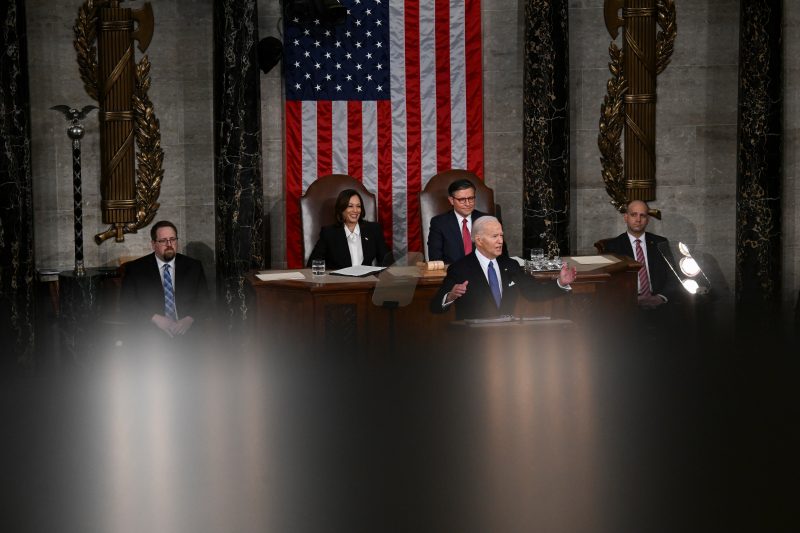In a recent turn of events, political leaders, including President Joe Biden, have vehemently criticized the International Criminal Court (ICC) for its intent to charge Israeli leaders for alleged war crimes. The ICC’s decision has sparked a wave of controversy and debate across the globe, raising questions about the jurisdiction of international courts and the complexities of achieving justice in conflict zones.
Critics of the ICC’s move argue that the court is overstepping its boundaries by targeting Israeli leaders, particularly in the context of the Israeli-Palestinian conflict. They point out that Israel is not a party to the Rome Statute, the treaty that established the ICC, which undermines the court’s authority to investigate and prosecute individuals from non-member states. Furthermore, critics argue that singling out Israeli leaders for alleged war crimes ignores the broader geopolitical context of the conflict and the actions of other parties involved.
On the other hand, supporters of the ICC’s decision view it as a crucial step towards holding leaders accountable for human rights violations and ensuring justice for victims of war crimes. They argue that the ICC has a mandate to investigate and prosecute individuals responsible for the most serious crimes that shock the conscience of humanity, regardless of their nationality or political affiliation. In this light, the ICC’s intent to charge Israeli leaders is seen as a necessary measure to uphold international law and promote accountability in conflict zones.
President Joe Biden’s condemnation of the ICC’s intent reflects the delicate balancing act that political leaders must undertake in addressing international justice issues. While expressing support for the principle of accountability and justice, Biden also emphasizes the need for a fair and impartial approach that respects national sovereignty and the complexities of ongoing conflicts. His statement underscores the challenges of navigating the delicate terrain of international law and human rights while also considering political realities and diplomatic relations.
The furor surrounding the ICC’s intent to charge Israeli leaders highlights the complexities and nuances of pursuing justice in conflict zones. The case underscores the importance of upholding international law and human rights standards while also recognizing the challenges of achieving justice in politically charged environments. As the ICC moves forward with its investigation, the world will be watching closely to see how this case unfolds and what implications it may have for the broader landscape of international justice.
